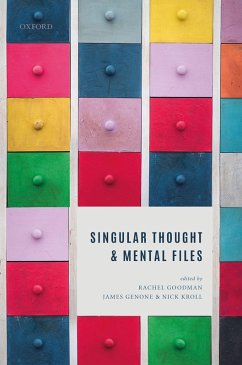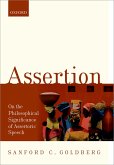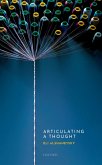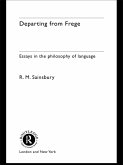The notion of singular (or de re) thought has become central in philosophy of mind and language, yet there is still little consensus concerning the best way to think about the nature of singular thought. Coinciding with recognition of the need for more clarity about the notion, there has been a surge of interest in the concept of a mental file as a way to understand what is distinctive about singular thought. What isn't always clear, however, is what mental files are meant to be, and why we should believe that thoughts that employ them are singular as opposed to descriptive. This volume brings together original chapters by leading scholars which aim to examine and evaluate the viability of the mental files framework for theorizing about singular thought. The first section of the volume addresses the central issues of the definition and nature of singular thought, as well as how it relates to the notion of a mental file. The second section addresses the legitimacy of the mental files conception of singular thought by assessing the philosophical motivations or the purported empirical support for the view, or by laying out a specific version of it. The third section helps to clarify both the notion of a mental file and the mental files conception of singular thought by focusing on their role in explaining de jure coreference in thought and language. The volume then concludes with a final section that casts doubt on the mental files conception and the legitimacy of the file-theoretic framework more generally.
Dieser Download kann aus rechtlichen Gründen nur mit Rechnungsadresse in A, B, BG, CY, CZ, D, DK, EW, E, FIN, F, GR, HR, H, IRL, I, LT, L, LR, M, NL, PL, P, R, S, SLO, SK ausgeliefert werden.









